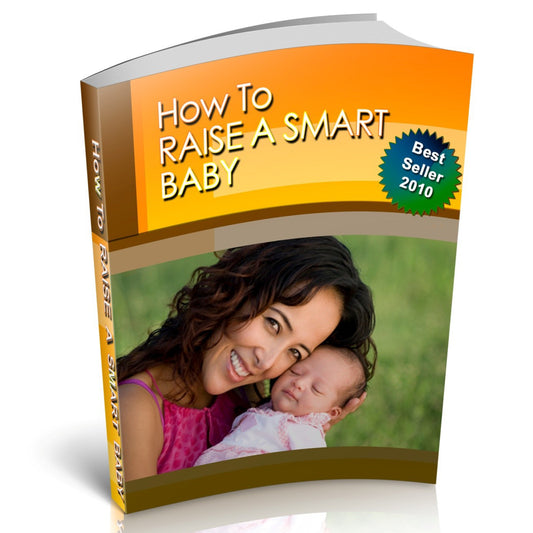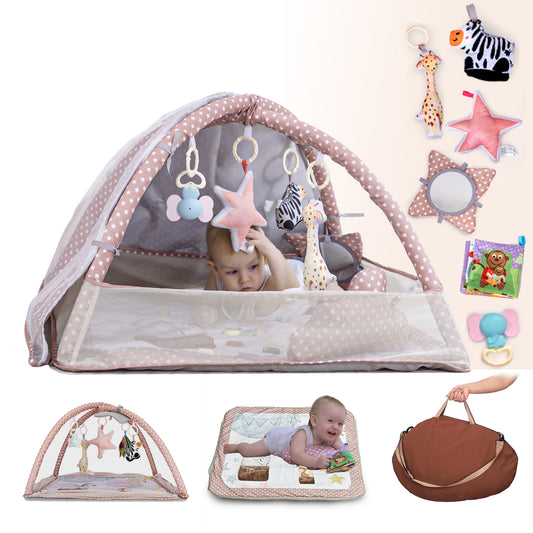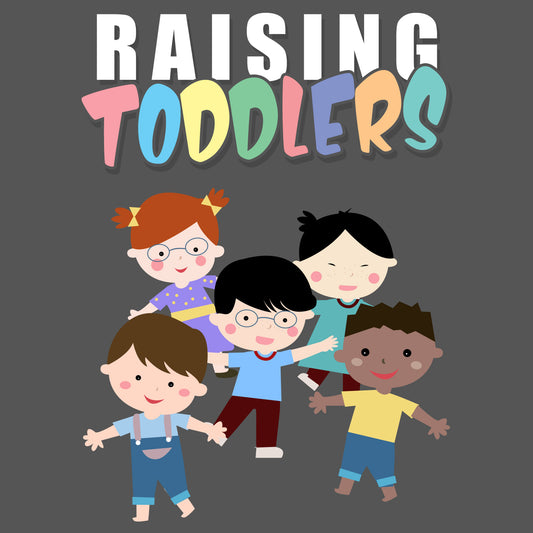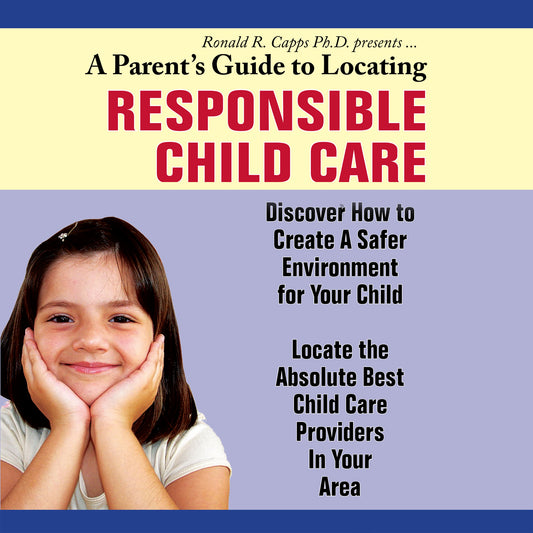Postpartum Recovery: Addressing Common Physical and Emotional Challenges for New Mothers
Introduction
Welcoming a new baby into the world is an extraordinary experience, filled with joy and love. However, it also brings significant physical and emotional changes for the new mother. Postpartum recovery is a critical phase where a woman's body and mind adjust to the post-birth period. This blog post aims to shed light on the common physical and emotional challenges new mothers face and offer practical advice for navigating this transformative period.
Physical Recovery After Childbirth
Understanding Your Body
After childbirth, your body undergoes several changes as it returns to its pre-pregnancy state. This includes the shrinking of the uterus, weight loss, and hormonal fluctuations. It's important to understand that this is a gradual process.
Managing Physical Discomfort
- Post-Delivery Pain: Pain in the perineum and abdomen is common. Over-the-counter pain relievers, as recommended by your doctor, and warm baths can help ease this discomfort.
- Breast Care: Engorgement and soreness can occur, especially when you start breastfeeding. Frequent feeding and warm compresses can provide relief.
- Exercise: Gentle exercises, like walking and pelvic floor exercises, can help your body recover and strengthen your muscles.
Emotional Well-being
Hormonal Shifts and Mood Swings
The rapid hormonal changes after childbirth can affect your mood. It's common to experience a rollercoaster of emotions, from immense joy to overwhelming anxiety.
Postpartum Depression (PPD)

Postpartum depression is a serious condition that goes beyond the typical "baby blues." Symptoms include prolonged sadness, loss of interest in activities, and feelings of hopelessness. If you suspect you have PPD, seek professional help immediately.
Coping Strategies
- Rest and Sleep: Prioritize rest. Sleep when the baby sleeps to combat fatigue.
- Support Network: Lean on your partner, family, or friends for emotional and physical support.
- Me Time: Dedicate time for self-care. Even a short break for a shower or reading can be rejuvenating.
- Professional Help: If feelings of anxiety or depression persist, consider speaking to a mental health professional. Stress Management
Postpartum stress is common and can be overwhelming. Managing stress is crucial for both you and your baby.
Tips for Managing Stress
- Mindfulness and Relaxation Techniques: Practices like deep breathing, meditation, or yoga can be incredibly beneficial.
- Organize and Prioritize: Don't hesitate to ask for help with chores or errands. Prioritize tasks and don't aim for perfection.
- Connect with Other Mothers: Joining a new moms' group can provide comfort and advice from those who understand what you're going through.
Engaging Baby for Stress-Free Moments: The Kidikools Baby Playgym

Creating a Balanced Environment
While managing the physical and emotional aspects of postpartum recovery, it's equally important for new mothers to find moments of relaxation and balance. One effective way to do this is by engaging your baby in activities that are both enjoyable and safe. This is where the Kidikools Baby Playgym comes into play.
Kidikools Baby Playgym: A Haven for Your Little One
The Kidikools Baby Playgym is designed to captivate your baby's attention, promoting sensory development while providing a safe space for exploration and play. With its vibrant colors, varied textures, and engaging toys, it keeps your baby happily occupied, allowing you some much-needed time to rest and rejuvenate.
Benefits for Baby and Mom
- For the Baby: The playgym encourages motor skills, sensory exploration, and cognitive development. It's a perfect setting for your baby to reach, grasp, and learn.
- For the Mom: Knowing your baby is engaged and entertained in a safe environment gives you a chance to take a breath, enjoy a cup of tea, or just sit back for a few moments of calm.
Integrating the Playgym into Daily Routine
Incorporating the Kidikools Baby Playgym into your daily routine can help create a structured environment for your baby. While they explore and play, you can use this time to focus on your recovery and well-being. It's a simple yet effective way to balance baby care with self-care.
Conclusion
The postpartum period is a time of immense change and adjustment. It's crucial to acknowledge the physical and emotional challenges and address them with care and understanding. Remember, seeking help is a sign of strength, not weakness. Embrace this journey with kindness towards yourself, and don't hesitate to reach out for support when needed.
As you navigate through this beautiful yet demanding phase of life, keep in mind that every mother's experience is unique. Be patient with yourself, and allow time for healing and adaptation. With the right care and support, you can effectively manage the challenges of postpartum recovery and embrace the joys of motherhood.





